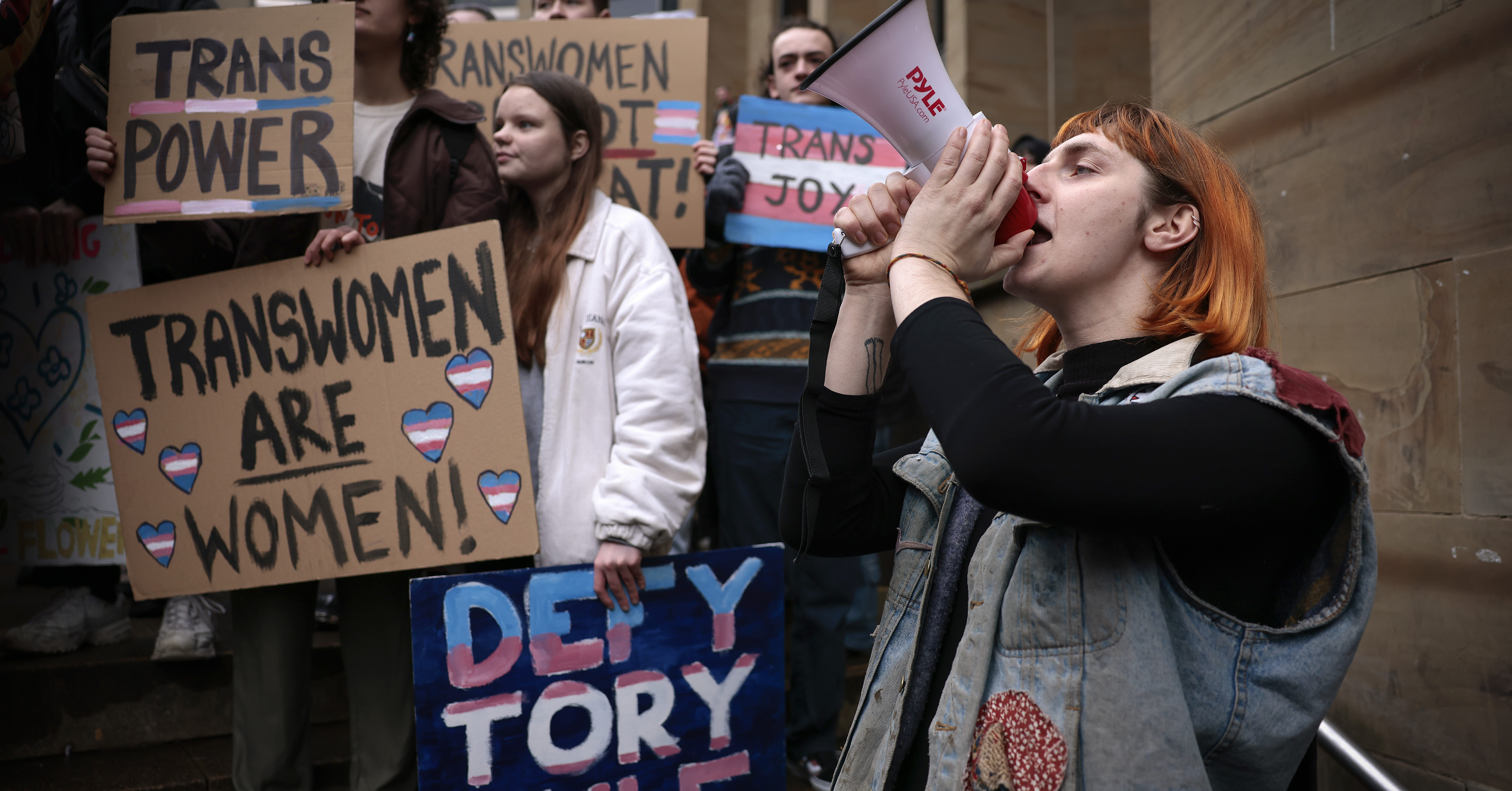Is anyone prepared to stand up against the spread of trans ideology in schools? Rishi Sunak said as much, but now he appears to be backing away from it.
Long-delayed guidance on how to deal with pupils who claim to have changed sex still hasn’t been published, and now it looks as though the Prime Minister is having second thoughts about bringing in a law to enforce strict new rules.
If reports from “Whitehall sources” are accurate, it would represent another climbdown by politicians who have repeatedly buckled rather than face the wrath of trans activists. Sunak was told in July by the Attorney General, Victoria Prentis, that legislation is needed to prevent “social transitioning”, where pupils who claim to be trans demand to use new names, pronouns and the uniform of the opposite sex.
But it’s far from clear whether a change to the 2010 Equality Act is needed to issue robust guidance. Some lawyers believe the Attorney General’s advice is an overly strict interpretation, based on the questionable proposition that the protected characteristic of “gender reassignment” requires teachers to accede to every demand made by children who claim to be trans. They say it is hard to believe that schools have to ignore their safeguarding obligations and allow 14-year-old boys to use girls’ toilets. Or that they should be expected to lie about a pupil’s sex — and compel other children to lie.
All of this raises the question of whether Sunak is convinced of the need for legislation — or whether he is hiding behind the Attorney General’s advice. He may think he has enough on his plate at the moment, without walking into the media storm that would follow publication of the kind of tough guidance we’ve been led to expect. But that is how trans activists operate, using bullying tactics to frighten critics of gender ideology into backing down. And while the Prime Minister would be attacked by a handful of Conservative MPs who are signed up to this nonsense, most are firmly on the side of reality.
If Sunak publishes watered-down guidance that avoids the issue of “social transitioning”, it will be an act of rank cowardice. He knows that time is short, that the Conservatives are likely to be in opposition in less than eighteen months, and the Labour Party has an alarming number of trans activist MPs and parliamentary candidates within its ranks.
Many people who are not natural Conservatives have put their hopes in Tory politicians like the Women and Equalities Minister, Kemi Badenoch, who has been outspoken about what is happening in schools. If the Prime Minister caves in, the consequences will be dire. Teachers and children will be left in fear of being disciplined simply for asserting a belief in reality.
Teaching children to lie has no place in the curriculum, even when it’s done to avoid hurting another child’s feelings. The opposite is true, in fact. One of the things pupils need to learn is how to think critically, equipping them for a world in which they will be bombarded with false claims and conspiracy theories.
Crumbling concrete is not the only threat to children’s health. Bad ideas are just as dangerous, and few are more insidious than telling kids they can change sex. Sunak needs to get trans activism out of the country’s schools, and he needs to do it quickly.











Join the discussion
Join like minded readers that support our journalism by becoming a paid subscriber
To join the discussion in the comments, become a paid subscriber.
Join like minded readers that support our journalism, read unlimited articles and enjoy other subscriber-only benefits.
Subscribe